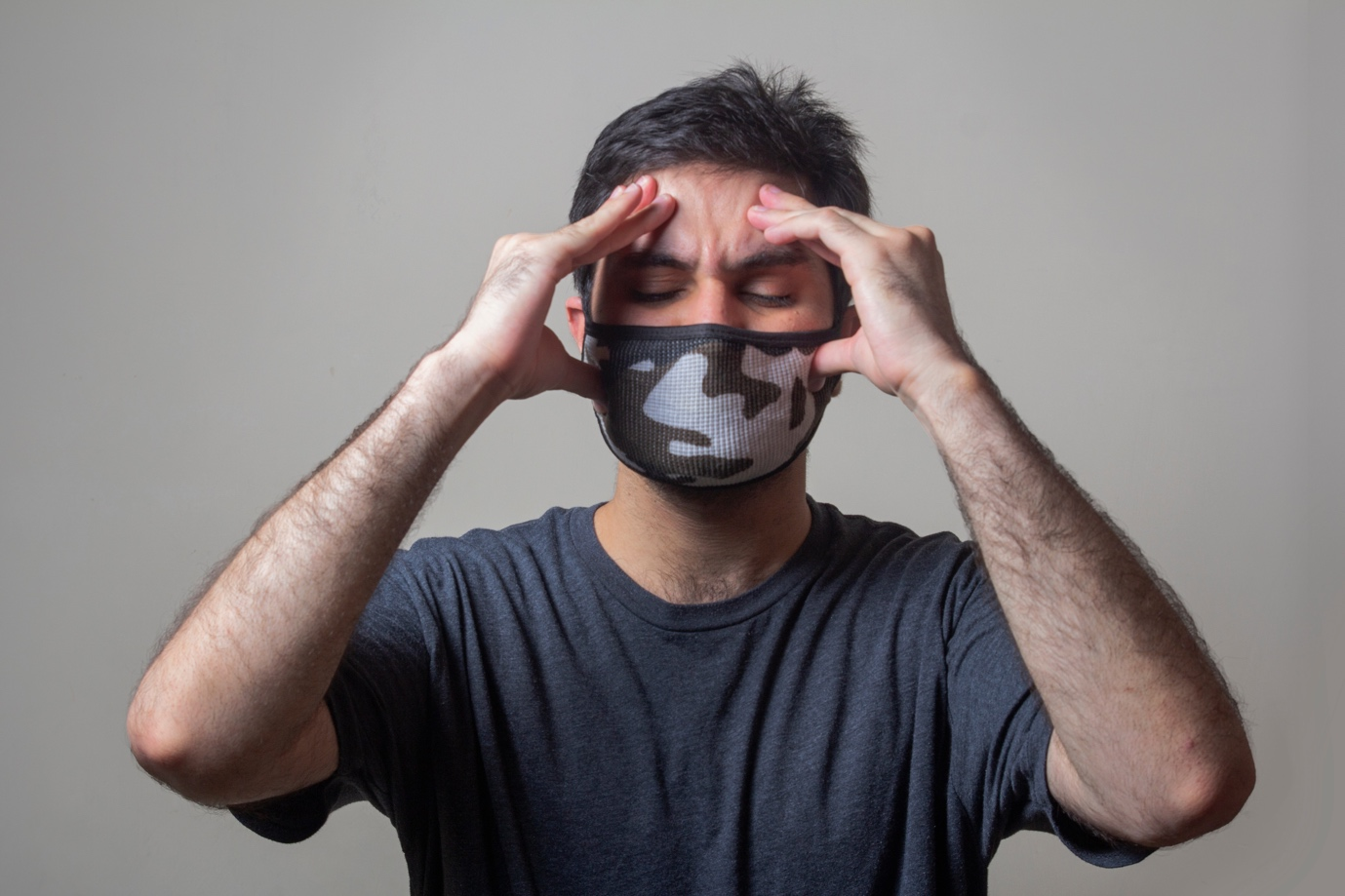Sinus Infection Explained
If you’re prone to getting cold and normal flu multiple times throughout the year, people might tell you you’re simply more prone to it. However, that might not be the case. Getting 2-3 bouts of flu or the cold every year is normal for adults. However, if you’re getting more, it’s better to consult a doctor and check for any other underlying issues.
If you get a stuffed nose regularly and it doesn’t go away within a week, you likely have sinusitis., a sinus infection. According to theNational Ambulatory Medical Care Survey's National Summary Tables report of 2018, over 234,000 people who came into the emergency were initially diagnosed with sinusitis, and 28.9 million of that diagnoses were confirmed after tests and thorough consultation with doctors.
The issue with a sinus infection is that almost all symptoms are similar to those of a common cold or flu. How do we recognize if it’s sinusitis or the common flu? Let’s look at it, as well as the causes, diagnosis, and treatment of sinusitis.

What are Sinuses?
Sinuses are the hollow cavities found between the cheekbones. These cavities make a path around our eyes and finish behind the nose. Sinuses contain mucus to keep them moist and warm and dampen the air we breathe. Without the mucus, the dry air can irritate the sinuses as well as the nose.
Anatomical Changes in the Sinuses
Some people have a changed structure of sinuses and the nose. This can be due to two major reasons, natural defects or external factors. Some people are born with a different structure of their sinuses and nose. Some people can damage or change the sinus structure through drug abuse which damages the tissues, excessively picking their nose or major trauma to it.
The changes to the anatomy of the sinuses include:
- Deformed nasal cavities
- Deviated septum
- Narrow sinuses or sinus openings
- Tissue growth (For example, nasal polyps)
- Narrow openings of the sinuses themselves etc.

Causes of Sinusitis
The sinuses contain mucus. However, that mucus isn’t permanently in the sinuses. It’s continuously excreted out and then refilled. Your sinuses can get blocked if there’s a problem with the excretion of mucus. This blockage, which you experience as a stuffed nose, can cause an infection.
The mucus in your sinuses can get blocked due to several reasons, including:
- Allergies, like dust allergy, pollen allergy, etc
- Smoking
- Drug abuse
- Untreated cold
- Anatomical deformities due to a congenital disability
Most sinus infections occur due to viruses, but they can be caused by certain bacteria as well.
Symptoms of Sinusitis
As mentioned above, most sinusitis symptoms are very similar to those of a common cold or flu. However, one symptom people don’t usually experience in a common cold or flu is the pressure sensation around their eyes, behind their cheeks, or on their forehead. Other usual symptoms include:
- Stuffed nose
- Fever
- Postnatal drip (dripping of mucus in the throat)
- Headache
- Body ache
- Bad breath
- Cough
These symptoms do not confirm sinusitis; only your doctor can confirm a diagnosis after a thorough check-up and tests.

Types of Sinus Infections
Acute Sinusitis
Acute sinusitis is a short sinus infection that clears up in 3-4 weeks with medical treatment. It’s more like a common cold; the symptoms last only a week or 10 days. The bacterial infection, however, may settle in and require further treatment to clear up.
Chronic Sinusitis
Chronic sinusitis, also referred to as chronic rhinosinusitis, occurs when a person’s sinus infection doesn’t clear up for 12 or more weeks despite getting medical treatment. People with allergic rhinitis or asthma are more prone to chronic sinusitis because their sinuses are usually inflamed.
Diagnosis of Sinus Infection
There are multiple ways your doctor may diagnose your sinus infection. These include:
- CT scans or MRIs to examine the sinuses
- Nasal Endoscopy to examine the nasal cavities
- Nasal samples for laboratory testing
- Allergy tests for identifying infection triggers
Treatment of Sinus Infections
Treatment of Acute Sinusitis
The majority of people with acute sinusitis require only light prescription medication. If the bacterial infections settle in, the doctor may prescribe an antibiotic to clear it up in a short amount of time. To ease the symptoms, the doctor may recommend:
- Using a nasal spray to clear up the blocked nose and ease breathing
- Staying hydrated
- Inhaling steam
- Using a humidifier at home
- Using painkillers to reduce headaches induced by a blocked nose

Treatment for Chronic Sinusitis
Chronic sinusitis treatment includes:
- Getting allergy shots
- Taking antifungal medication for fungal infections
- Reducing exposure to an allergen is tested positive for it
- Using corticosteroid spray (administered intra-nasally)
- Surgery in severe cases (Anatomical defect like deviated septum with no chance of blockage clearing up on without it)
For Chronic Sinusitis
- If you tested positive for allergens, you might be advised to manage your exposure to those substances
- Allergy shots
- Corticosteroid sprays administered intra-nasally
- The antifungal medication, if a fungus is causing your infection
- In severe cases, sinus surgery or other forms of surgery to fix any anatomical problems you might have (like a deviated septum)
Diagnosing a sinus infection yourself is not what we would advise, especially in times like these when flu and colds and very common coronavirus symptoms are also kind of similar. If you’re experiencing a blocked nose or frequent colds, make sure you consult a doctor. If going to the hospital feels overwhelming, you can speak to an online doctor!
TelMDCare is a telemedicine service with a panel of virtual doctors who can consult you for different problems, including acute sinusitis, diabetes, sexually transmitted diseases like chlamydia, gonorrhea, and more. Get in touch with us or book an appointment with an online doctor today.